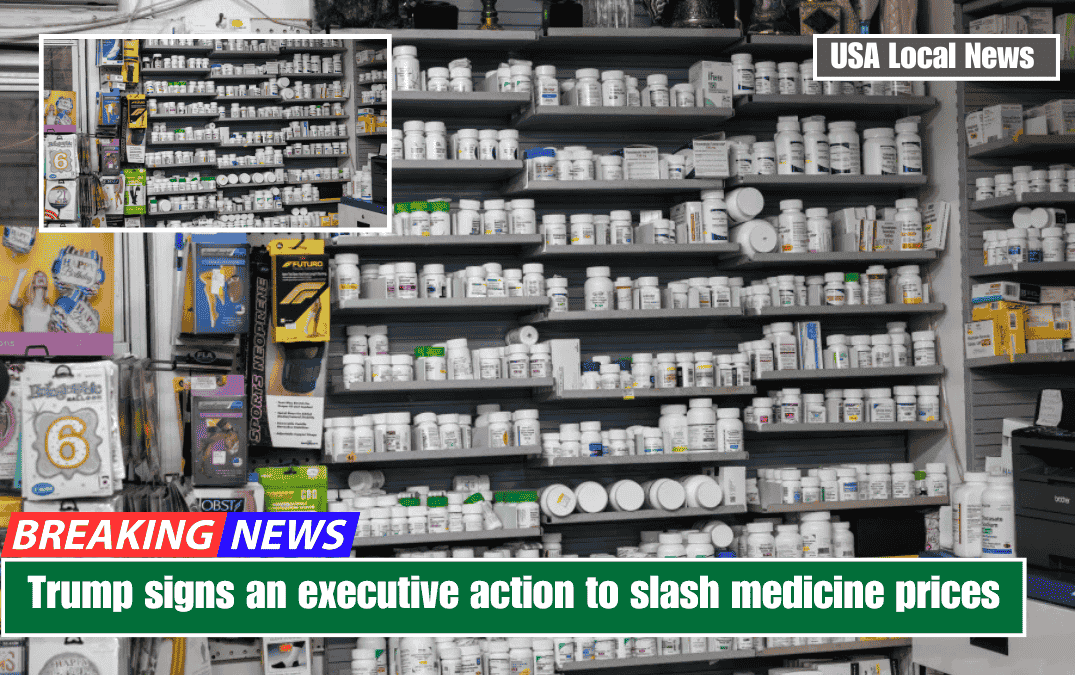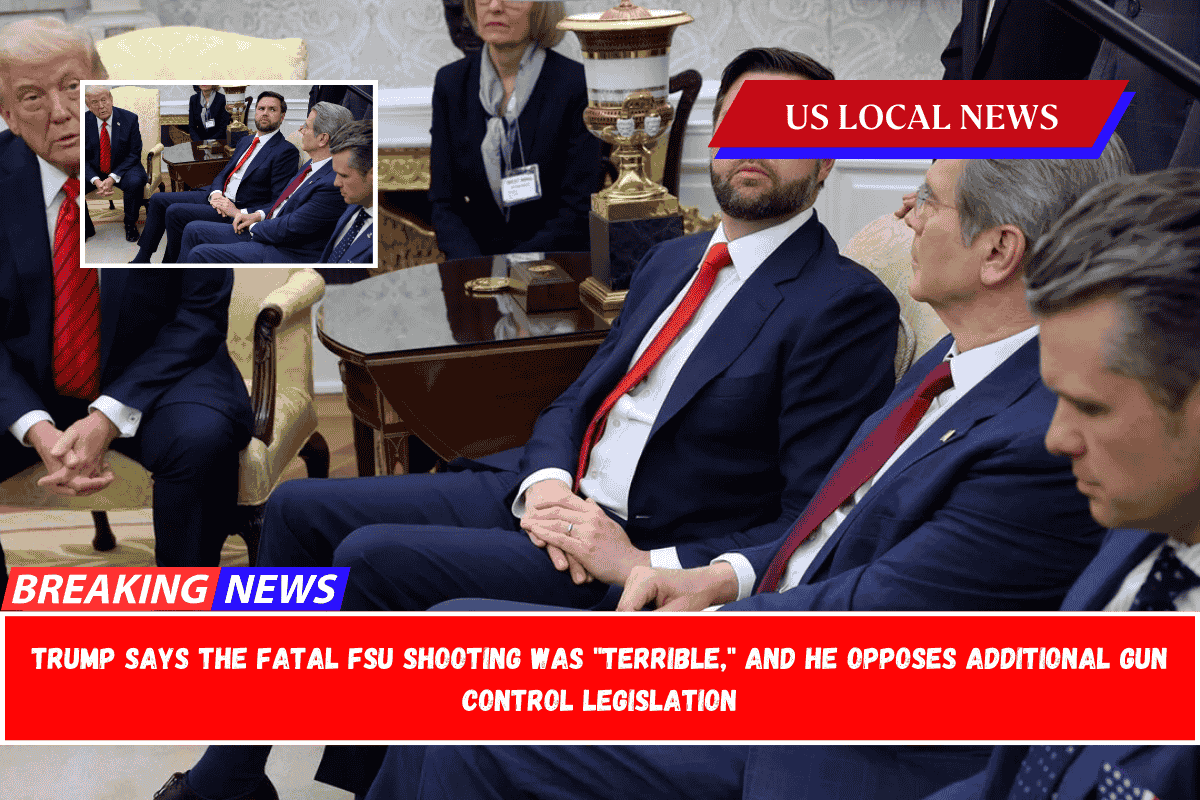On Tuesday, President Trump signed an executive order aimed at lowering prescription drug prices for Americans.
A White House official, speaking on the condition of anonymity, told reporters ahead of the signing that the move would include “delivering lower prices to seniors” and improving the Medicare drug price negotiation program established by the Inflation Reduction Act of 2022.
“We are confident we will eclipse the savings the Biden administration achieved in the first year,” according to an official.
Because the number of drugs subject to negotiation grows each year, the law included provisions for greater savings over time. Medicare negotiated the prices of ten drugs in 2024 and plans to negotiate 15 more this year, including Ozempic, a blockbuster diabetes medication with a list price of around $1,000 per month.
Any price breaks would take time
However, consumers will have to wait to see the results. The lower Medicare prices negotiated during the Biden administration will not take effect until 2026. Prices for the Trump administration’s new round of negotiations will not be available until 2027.
Consumers may have to pay more for many medications if the administration imposes tariffs on imported pharmaceuticals and ingredients used to make medicines in the country.
According to a federal notice filed on Monday, the secretary of commerce is looking into the national security implications of importing drugs and drug ingredients. The findings could serve as a precursor to tariffs.
The official said the administration would revive a program from Trump’s first term that provided insulin to low-income people, including those without insurance.
According to the official, in some cases, patients would pay 3 cents per vial plus a small administrative fee for insulin, while injectable epinephrine would cost $15 for an auto-injector under the program.
“The president is leveraging current programs to deliver meaningful cost savings here,” according to the official.
The action directs the Food and Drug Administration to make it easier to approve state importation programs and to speed up the approval process for lower-cost generics and biosimilars. So far, only one state, Florida, has received FDA approval to import lower-cost drugs from other countries, such as Canada. According to a November news report, it had yet to begin doing so.
Pills vs. biologics
The official went on to say that the action would seek to address Medicare’s drug price negotiation program as it applies to small molecule drugs, which make up the majority of prescription pills like statins and blood pressure treatments, as opposed to more complex biologic drugs, such as blockbuster rheumatoid arthritis and psoriasis drug Humira.
Small molecule drugs are currently eligible for Medicare negotiation seven years after FDA approval, whereas biologics are not until 11 years after approval.
This creates a “imbalance” that pushes companies to invest in biologic drugs, which are typically administered via injection rather than pills. Trump’s action directs Health and Human Services Secretary Robert F. Kennedy Jr. to collaborate with Congress to address this imbalance in a way that does not increase overall Medicare spending.
Furthermore, the executive action would take steps to align the price Medicare pays with the cost for hospitals to acquire drugs, as well as begin the process of aligning payment across care settings, according to the same official on background.










